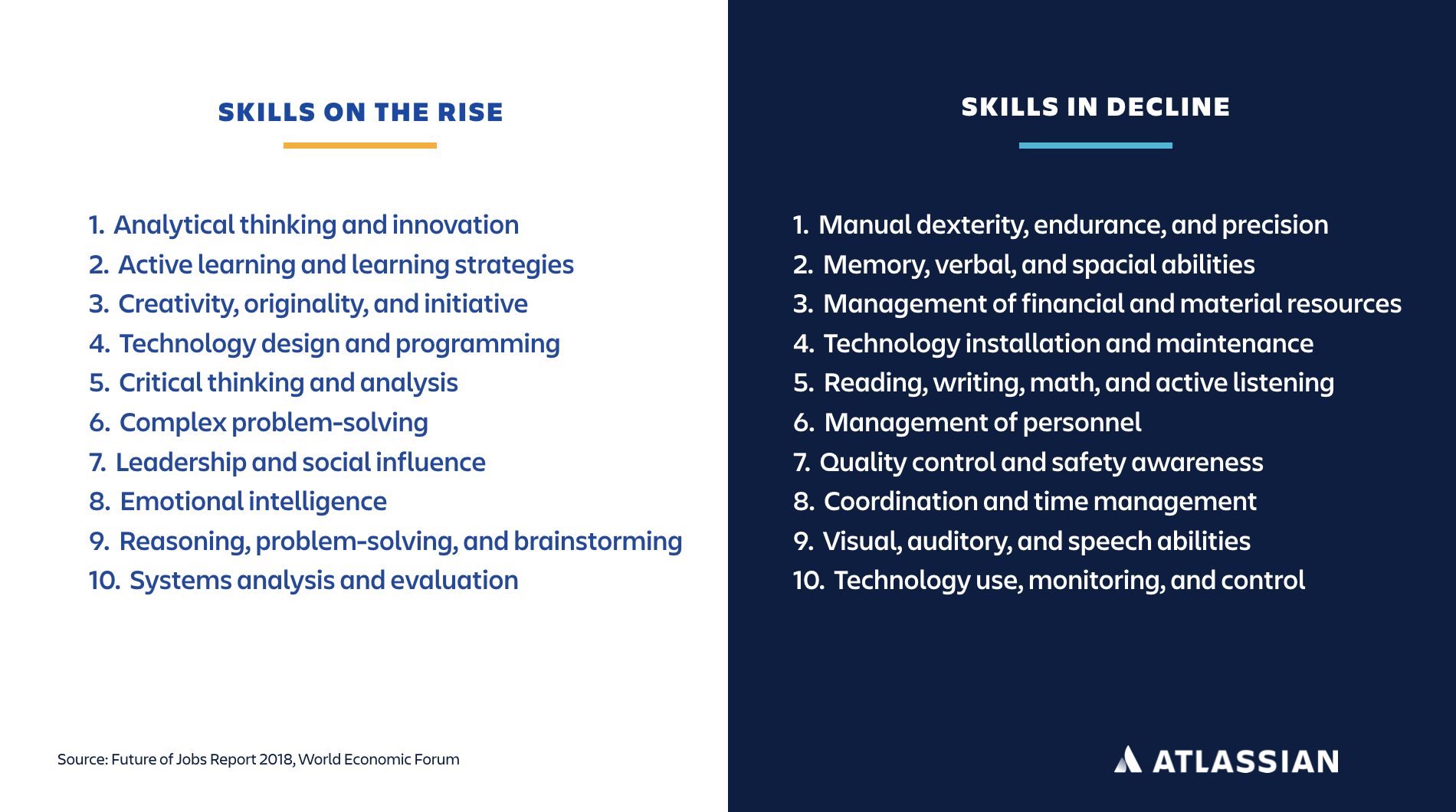Skills for Career Advancement: Key Competencies to Boost Your Professional Growth
In today’s competitive job market, career advancement is more than just about doing your job well. It requires a combination of technical expertise, soft skills, and the ability to continuously adapt to new challenges. If you want to take your career to the next level, you must focus on acquiring and developing the right skills that will make you stand out. Whether you’re looking to climb the corporate ladder, pivot to a new industry, or increase your earning potential, honing the right set of skills is the key to success.

Why Skills Matter for Career Advancement
Skills play a crucial role in your professional development. They help you:
– Stand out in a crowded job market.
– Increase your marketability to employers.
– Demonstrate value to your team and organization.
– Take on leadership roles or pivot to new career paths.
Having the right set of skills allows you to meet the demands of your role, adapt to changing workplace environments, and remain competitive in your field. Both hard skills (technical abilities) and soft skills (personal attributes) are critical to advancing your career.
In this article, we’ll explore the key skills that will help you fast-track your professional success.
1. Communication Skills: The Cornerstone of Success
Effective communication is one of the most essential skills for career advancement. Whether you’re presenting to a client, collaborating with colleagues, or negotiating with management, being able to communicate your ideas clearly and persuasively can set you apart.
Key Communication Skills:
- Verbal communication: The ability to articulate your thoughts clearly.
- Non-verbal communication: Body language, eye contact, and tone of voice that convey your message effectively.
- Written communication: The ability to write clear, concise, and professional emails, reports, or proposals.
- Active listening: Truly understanding others’ points of view and responding appropriately.
“Good communication is the bridge between confusion and clarity.” – Nat Turner
In a fast-paced business world, mastering communication will not only improve your ability to collaborate but also enhance your leadership potential. Invest in learning how to communicate effectively with both internal and external stakeholders.
2. Leadership and Management Skills
Leadership and management skills are essential for career growth, especially when you aspire to move into higher-level roles. Being a strong leader means guiding a team towards achieving common goals, fostering a positive work environment, and ensuring efficient operations.
Key Leadership and Management Skills:
- Decision-making: The ability to make informed, effective decisions under pressure.
- Delegation: Assigning tasks appropriately based on team strengths and workload.
- Conflict resolution: Addressing and resolving workplace conflicts in a constructive manner.
- Motivating others: Inspiring team members to perform at their best and achieve organizational goals.
As you progress in your career, your ability to manage both people and projects becomes increasingly important. Effective leadership will enhance your visibility within the company and demonstrate your readiness for higher responsibilities.
3. Adaptability and Problem-Solving Skills
The ability to adapt to changing environments and solve complex problems is essential in today’s dynamic workplace. Being able to adjust quickly to new technologies, industry trends, and unexpected challenges will make you an invaluable asset to your organization.
Key Adaptability and Problem-Solving Skills:
- Critical thinking: Analyzing situations, identifying problems, and developing effective solutions.
- Flexibility: The ability to adjust to changes in workload, priorities, or work conditions.
- Resilience: Staying focused and productive despite setbacks or challenges.
In the modern workplace, things change rapidly. Whether it’s a new project, technological change, or market shift, those who are adaptable and proactive in solving problems will find themselves in high demand.
4. Time Management and Organization
Effective time management is vital for productivity and success in any career. With the multitude of responsibilities we face each day, learning how to prioritize tasks and allocate time wisely can help you meet deadlines, reduce stress, and increase your overall output.
Key Time Management Skills:
- Task prioritization: Identifying and focusing on the most important tasks first.
- Scheduling: Creating and following a structured daily schedule to avoid time wastage.
- Avoiding procrastination: Tackling tasks promptly rather than putting them off.
By mastering time management, you can not only improve your performance but also show your superiors that you can be trusted with more complex, high-impact projects.
5. Technical Skills: Stay Ahead of the Curve
In almost every industry, technical skills are becoming increasingly important. Whether it’s knowing how to use industry-specific software, understanding data analysis, or staying updated on the latest technological advancements, having technical skills will give you a significant edge.
Key Technical Skills:
- Industry-specific software: Proficiency in tools like Excel, CRM software, or project management tools.
- Data analysis: Understanding how to analyze and interpret data to inform decision-making.
- Programming: Learning programming languages such as Python, Java, or SQL can open doors in tech and related industries.
As industries continue to evolve, staying updated with the latest tools and technologies is crucial for maintaining relevance in your field.

6. Emotional Intelligence (EQ)
Emotional intelligence refers to the ability to recognize and manage your emotions and the emotions of others. Developing high EQ can enhance your relationships at work, improve collaboration, and enable you to handle stress more effectively.
Key EQ Skills:
- Self-awareness: Understanding your emotions and how they affect your behavior.
- Self-regulation: Controlling impulsive reactions and adapting to changing circumstances.
- Empathy: Understanding the emotions of others and responding appropriately.
- Social skills: Building strong relationships, managing conflict, and motivating others.
A high level of emotional intelligence can improve how you work with others, resolve conflicts, and navigate complex interpersonal dynamics. It also plays a significant role in leadership, helping you build trust and respect among your colleagues.
7. Networking and Relationship Building
No career thrives in isolation. The ability to network and build strong professional relationships is crucial for career advancement. Networking allows you to connect with people in your industry, learn about new opportunities, and gain valuable insights from others.
Key Networking Skills:
- Active listening: Listening attentively to what others have to say.
- Building rapport: Developing meaningful, mutually beneficial relationships.
- Following up: Staying in touch with contacts and nurturing relationships over time.
Networking is not just about exchanging business cards; it’s about cultivating lasting relationships that can help you at various stages of your career.
8. Continuous Learning and Development
To stay relevant in your field and continue advancing in your career, it’s important to commit to lifelong learning. This means constantly updating your skills, acquiring new knowledge, and staying informed about the latest industry trends.
Ways to Engage in Continuous Learning:
- Enroll in online courses: Platforms like Coursera, Udemy, and LinkedIn Learning offer a wide range of courses in various fields.
- Attend workshops and seminars: Participate in industry-specific workshops, webinars, and conferences.
- Read industry publications: Stay updated with the latest research, articles, and books related to your field.
By investing in your personal and professional growth, you’ll ensure that you remain an attractive candidate for career advancement opportunities.

FAQs About Skills for Career Advancement
1. What is the most important skill for career advancement?
While there’s no single skill that guarantees success, communication skills and leadership abilities are often seen as the most crucial. Being able to communicate effectively and lead teams will make you more visible and ready for promotions.
2. How can I improve my technical skills?
To improve your technical skills, consider taking online courses, attending workshops, or seeking mentorship from experts in your field. Practice regularly and stay updated with industry trends.
3. What are soft skills, and why are they important?
Soft skills are personal attributes such as communication, empathy, teamwork, and problem-solving. These skills are essential for working effectively with others and are often a key factor in career success.
4. Can emotional intelligence impact my career growth?
Yes, emotional intelligence can significantly impact career growth. High EQ helps you navigate workplace dynamics, manage stress, and build stronger relationships, all of which contribute to career success.
5. How can I build a strong professional network?
To build a strong professional network, engage in industry events, join online communities, and make an effort to connect with people in your field. Focus on creating meaningful, long-term relationships rather than just seeking immediate benefits.
Conclusion
Career
advancement doesn’t happen overnight, but by actively working on the right skills, you can position yourself for growth and success. Focus on enhancing both your technical and soft skills, building strong relationships, and remaining adaptable to change. With consistent effort and dedication, you can unlock new opportunities and achieve the career progression you desire.
Stay proactive, continuously improve, and make sure to invest in yourself as the key to your career advancement.


